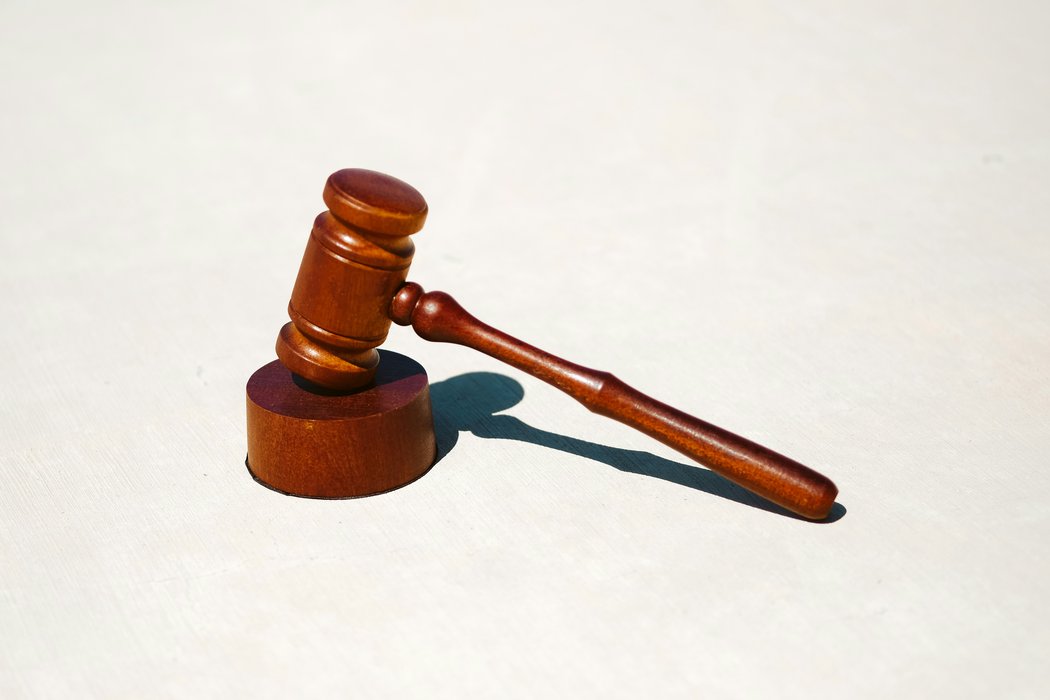Introduction
In November 2023, the Human Rights Committee issued the concluding observations on the fifth periodic report of Trinidad and Tobago (CCPR/C/TTO/CO/5). In its report, the Committee expressed concerns about the criminalisation of defamatory libel, which may hinder the activities of journalists and human rights defenders and restrict freedom of expression. Similarly, the Committee raised further concerns about the perceived decline in the freedom of civil society and the media to express opinions against the government without fear of retribution.
In addition, the Committee noted that the legal requirement to notify authorities of peaceful assemblies might amount to de facto prior authorisation, which contradicts Article 21 of the Covenant. Moreover, there are concerns about section 111(1) of the Summary Offences Act, which enables police to disperse public gatherings, and the broad grounds for arrest without a warrant in the Police Act, which may result in arbitrary arrests and restrictions on peaceful assemblies.
Expression
On 30th November 2023, the Trinidad and Tobago High Court of Appeal ruled in favour of appellant Phillip Edward Alexander—a journalist and former political leader of the Progressive Empowerment Party (PEP)—reducing a previous defamation award. The case originated from statements made by Alexander on a radio talk show and a Facebook post in February 2017, which businessman Andrew Gabriel claimed defamed him by insinuating serious corruption and criminal conduct.
Initially, High Court Judge Carol Gobin awarded Gabriel $775,000 in damages, which included compensation for hurt feelings, loss of reputation, and aggravated damages. Upon review, Justice Rajkumar, who penned the appeal judgment, identified several errors in the initial ruling: “the trial judge misconstrued the evidence, issued an unreasonable award for defamation, and such a magnitude of compensation could chill constitutional rights to freedom of expression and political views, thereby justifying the reduction of the award and denying further exemplary damages.”
The appellate judgment clarified that only the social media post contained defamatory content, but even then, it was not directed at Gabriel’s family as previously considered. The ruling also highlighted the excessive nature of the original award, suggesting it could impede constitutional rights to freedom of expression and political commentary:
“An award of damages for libel is context specific and the award in this case is not a licence to politicians generally to defame persons at will. They are and always have been subject to the laws governing defamation. But those laws require examination of the statements actually made, not the intentions of the maker, nor the meaning ascribed to them by a party claiming to be defamed. The test of defamatory meaning is an objective one. A party who feels himself subjectively defamed but who is not and whose feelings are hurt as a result is not entitled to compensation.”
Thus, the appellate court substantially reduced the compensation to $10,000, reflecting the singular defamatory reference while recognising the vindication of Gabriel’s reputation.
This is not the first defamation lawsuit Alexander has faced. On 15th October 2023, High Court Justice Jacqueline Wilson ordered him to pay Finance Minister Colm Imbert $525,000 in damages for slander. A month later, on 16th November, High Court Justice Devindra Rampersad ordered Alexander to pay Mickela Panday $947,750 for defamation.
Peaceful Assembly
Residents protest the lack of water
In October 2023, residents protested the lack of water in at least three country regions. On 9th October, residents of Granville burned tyres and blocked the road near the Granville Water Treatment Plant, located in Cedros, southwest of Trinidad. According to media reports, residents had been without water for weeks. They previously had a 24/7 water supply but then were forced to carry buckets and, in some cases, store water in barrels. In addition, they also had to pay for truck-borne water from private companies. Similar protests occurred on the 29th and 30th in Fyzabad—southwestern—and Valencia, northeastern—Trinidad Island.
March in solidarity with Palestine
On 15th October, at least 500 people marched in Port of Spain to denounce the ongoing attacks in the Gaza Strip. The protest occurred near Queen’s Park Savanah and was organised by the Islamic Missionaries Guild. Some protesters waved Palestinian flags and displayed placards while others chanted “Free Palestine”.
Venezuelan refugees and migrants protest mistreatment at Chaguaramas Heliport
On 24th October, at least 90 Venezuelan refugees and migrants held in the Chaguaramas Heliport detention centre protested the denial of information on the grounds for their detention and the insufficient food provisions over the past month. They demanded either their release or deportation.
“They are only asking [that] they be deported or released now, their processes be expedited and their human rights be respected. If what you want to discuss is if they entered [the country] illegally, yes, but in the end, they are UNHCR refugees and must be respected with all their human rights and dignity,” said human rights activist Sofia Figueroa-León.
As of November 2023, at least 36,000 Venezuelan refugees and migrants are registered in Trinidad and Tobago. According to the UN High Commissioner for Refugees (UNHCR), police officials had detained around 200 Venezuelan refugees, asylum-seekers and migrants by August 2023. Recently, in November 2023, the UN Human Rights Committee expressed concern about the absence of a comprehensive legislative and institutional framework for protecting refugees and asylum-seekers entering the country:
In this respect, the Committee is particularly concerned that, according to the information provided by the delegation, migrants arriving from the Bolivarian Republic of Venezuela are classified as economic migrants and, therefore, can be deported under the provisions of the Immigration Act. The Committee is deeply concerned about reports of the ongoing practice of arresting and detaining asylum-seekers and refugees for irregular entry into the State party and that individuals, including children, are held in immigration detention for extended periods, sometimes in prisons alongside convicted persons. Furthermore, the Committee is particularly concerned about the conditions at the heliport immigration facility in Chaguaramas, where women and children are reportedly not separated from male detainees and are often sexually abused.
- CCPR/C/TTO/CO/5, ¶35.
